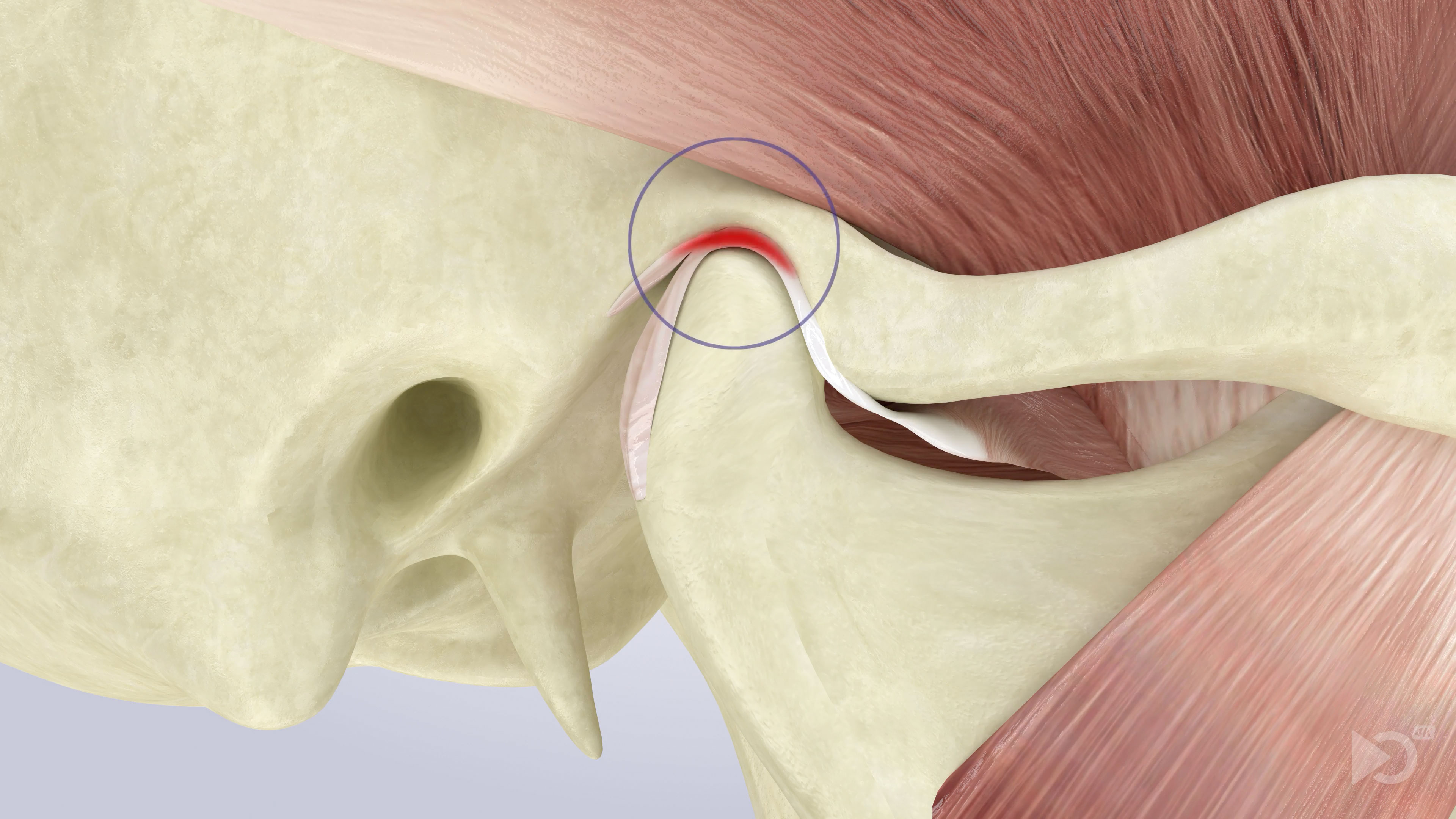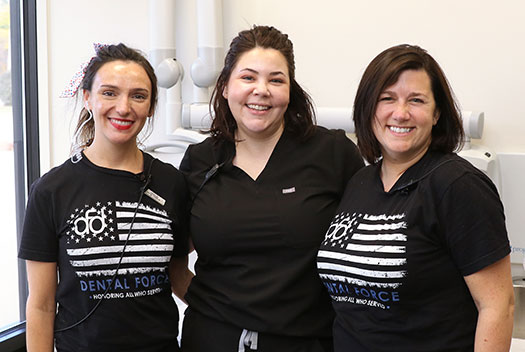For patients who suffer from chronic headaches or jaw pain, your doctor provides headache treatments. Frequent migraines and headaches may be signs of a TMJ (temporomandibular joint) disorder. The TMJ connects the lower jaw to the skull. When there is misalignment of the jaw or teeth, this may cause overextension of the TMJ, leading to chronic joint inflammation and headaches. Possible headache treatments include mouth guards (for nighttime teeth grinding) and malocclusion treatments (for misaligned teeth).

Signs Your Headache Could Be Dental-Related
You could have a TMJ disorder, also known as TMD, if you are experiencing one or more of the following symptoms:
- Limited jaw mobility
- An uncomfortable bite
- Clenching or grinding of the teeth overnight
- Popping or clicking of the jaw when you eat
- Chronic pain in the ears, face, or temples for which your physician has not found a cause
- Stiff facial muscles when you wake up in the morning
Dental-Related Headache Treatment
To treat dental-related headaches in Plainfield, your doctor in Plainfield, IL provides mouth guards and corrective treatments for malocclusion. Both methods correct uncomfortable bites, which could help alleviate jaw straining and headaches. Below is some further information about headache treatments your doctor provides:
- Mouth guards – Mouth guards prevent nocturnal teeth grinding and jaw clenching, which can wear down the teeth and cause a misaligned bite if left untreated. Patients can receive customized mouth guards that fit the full upper teeth, the full lower teeth, or the full mouth depending on their needs.
- Malocclusion corrective treatments – Misaligned or missing teeth may lead to facial pain and other TMD symptoms. First, your doctor will examine you to make sure your teeth and gums are healthy. He will come up with a course of treatment if you have any dental complications such as gum disease, which can cause loose or missing teeth. Then, your doctor will check to make sure any crowns you have have been correctly fitted for your mouth. Restorative dentistry is an option for patients with improperly fitting crowns or other dental work. Finally, if your mouth is otherwise healthy and your previous dental work is not negatively affecting your bite, you may want to consider dental implants if you are missing any teeth. Dental implants even out the surfaces of your teeth and prevent the excessive jaw strain an uneven bite may cause.

































